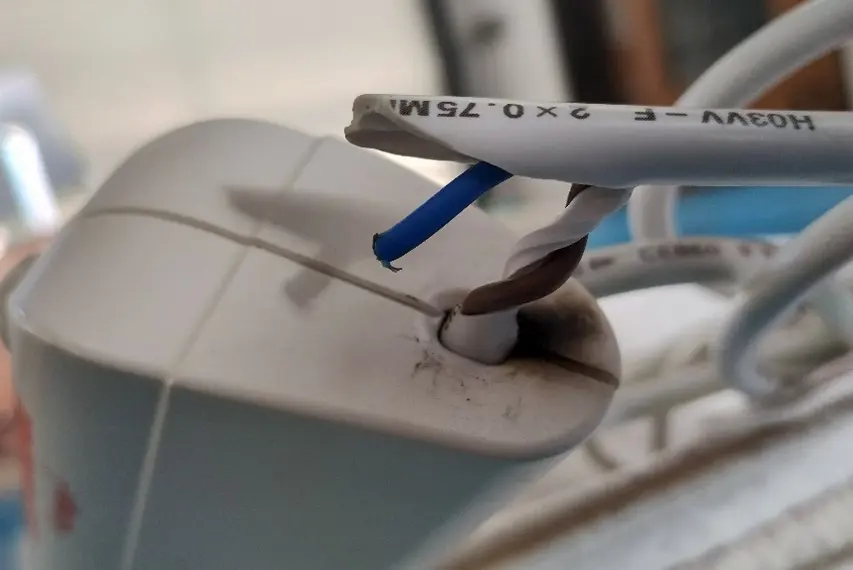Electric vehicle frequently asked questions
What is an Electric Vehicle (EV)?
An EV is a vehicle that operates using an electric motor powered by a battery. It is charged up by being plugged into a compatible EV charger instead of relying on petrol or diesel.
Will there be support or incentives for lower-income households to switch to EVs?
There are currently various government grants to help with the cost of home charging. Car manufacturers may also offer financial incentives to subsidise the cost of purchasing an EV, which can include discounted prices on EVs.
What is the driving range of EVs?
According to the Society of Motor Manufacturers and Traders (SMMT), the average distance an EV can travel on a single charge is now 236 miles. An EV's range can vary between 100-450 miles before requiring charging, depending on the model.
How long does it take to charge an EV?
Charging times depends on the type of vehicle, how depleted the battery is and the type of charger used. Charging on a slower/standard charger (such as a home charger) could take between 6-10 hours to fully charge, whereas using a rapid/ultra-rapid charger (like those found at service stations) can provide 80% charge in as little as 20 minutes.
How long do EV batteries last?
While EV batteries experience gradual degradation, it is at such a rate that it is not considered a concern. Most vehicle manufacturers offer extensive battery warranties, for example, Nissan offer an 8-year, 100,000-mile battery warranty on new vehicles.
How can residents in terraced housing or without driveways charge their vehicles?
The Local Electric Vehicle Infrastructure (LEVI) project is aimed at installing on-street EV chargepoints to provide access to chargers for those who do not have off-street parking. There is also an Electric Vehicle Cable Channel (EVCC) pilot programme which allows residents to apply for funding for a cable channel installed at their address.
What about the environmental impact of EV batteries?
Whilst EV batteries are far from perfect, they are recyclable and continuously improving. Companies can now recover up to 95% of key metals. Both car and battery manufacturers are working towards closed-loop recycling, which helps reduce costs, reliance on mining and environmental impact.








